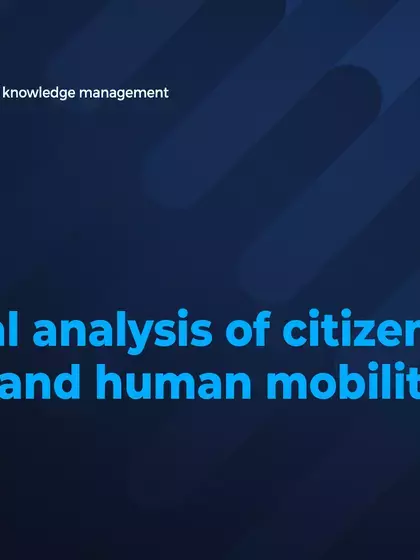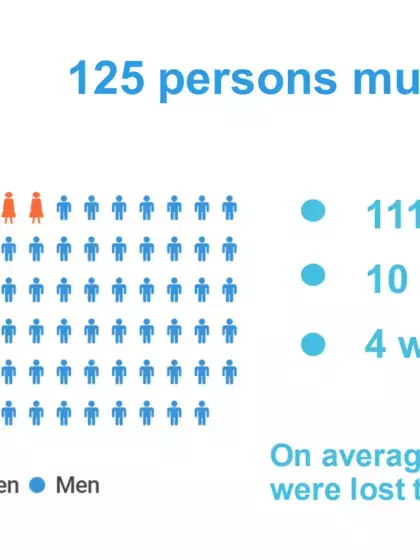Inclusión económica y cohesión social en Centroamérica y República Dominicana

Last Thursday, August 11, 2022, the UNDP InfoSegura team in collaboration with UNDP Latin America and the Caribbean Governance and Peace, Inclusive Growth and Poverty Reduction Clusters, presented, as part of a special mini-season of the DatAction digital community of practice and knowledge management, the Diagnosis of the State of Economic Inclusion and Social Coherence in Central America and the Dominican Republic.
This episode started with welcoming remarks by Rita Sciarra, Leader of the UNDP LAC Inclusive Growth and Poverty Reduction Cluster; then, Nicoletta Ghisu, Inclusive Economic Development Specialist, presented a summary of the diagnosis, and José Luis Chicoma, Former Minister of Production of Peru, and expert in public policies for sustainable development also participated.
"The pandemic crisis has had the strongest effect on women and young people, especially in the way these groups are inserted into the labour market. When we look at the Central American data on youth unemployment, it is double the percentage of national unemployment. The challenges we face are many. In this context, social cohesion needs to be at the centre of the public policy debate. The document presented today analyzes the way different components of economic inclusion influence social cohesion," explained Rita Sciarra.
According to the document, promoting economic inclusion means closing the gaps that keep an individual from achieving full potential and satisfying non-primary needs.
The following data stand out among those mentioned by Nicoletta Ghisu:
- The International Labour Organization (ILO) estimated that, due to the COVID-19 crisis, Central America lost 19.2 % of working hours, equivalent to 16 million full-time jobs lost
- The youth unemployment rate rose by 2.7%, reaching 23.2%, a level never reached before
- In 2020, there was a significant reduction in the number of criminal acts, except in cases of violence against women and girls
- Young people in the sub-region are marked by unemployment or hold informal jobs, with 22.4% of young people in Latin America and the Caribbean identified as NEET (Not in Education, Employment or Training)
The report analyzes programmes, initiatives, best practices and challenges in different countries, and presents a series of proposals for action along four thematic lines:
- Education aligned with labour market demand
- Gender equity
- Promotion of green jobs for the protection of natural resources and biodiversity
- Decentralized services for small and medium-sized enterprises (MSMEs)
"The pandemic has highlighted and exacerbated the large gaps created by existing structural problems in the region. The governments of Central America and the Dominican Republic should focus on economic inclusion and social cohesion through active labour market policies aimed at generating formal employment and promoting entrepreneurship," concluded Nicoletta Ghisu.
Moreover, José Luis Chicoma, former Minister of Production of Peru, stated: "What we can do in such a dark scenario in the coming years is to work on tools that precisely address these issues in a multidimensional way, such as strengthening social cohesion."
Finally, Eduardo Spinelli, consultant for the European Union's Bi-national Cooperation Programme between the Dominican Republic and the Republic of Haiti, reflected: "The document contains data sheets with information on how each country faced the COVID-19 pandemic crisis, the measures the governments implemented, what could and could not be done, and you can see the differences from one country to another."





